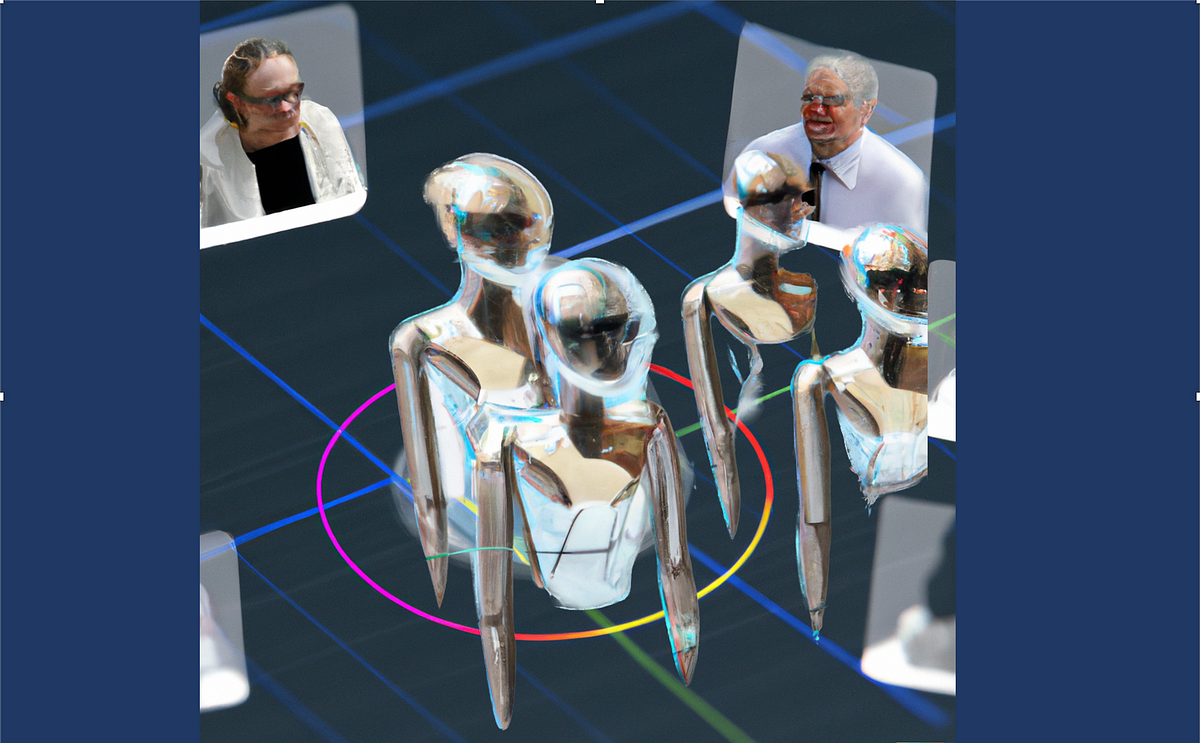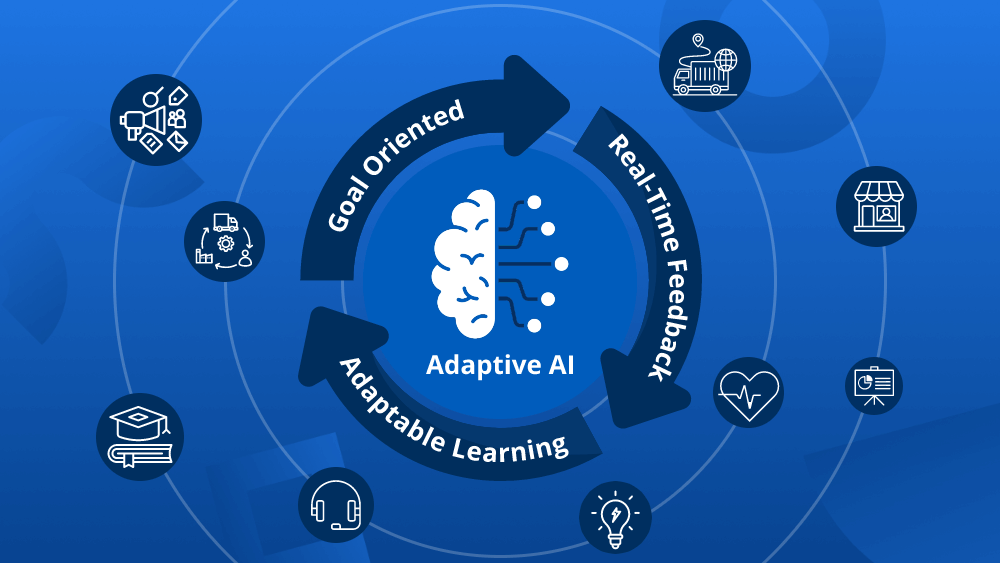Large language models (LLMs) have emerged as powerful tools capable of performing tasks with remarkable efficiency and accuracy. These models have demonstrated their prowess in generating code, translating programming languages, writing unit tests, and detecting and fixing bugs. Innovations like CodeLlama, ChatGPT, and Codex have significantly improved the coding experience by excelling in various code manipulation tasks. Some models, such as AlphaCode, are even pretrained on competitive programming tasks, enabling them to optimize code at the source level across several languages.
The challenge at the heart of utilizing LLMs for tasks such as code generation lies in their ability to produce diverse and high-quality outputs. Traditional sampling methods, while useful, often need to catch up in generating a wide range of viable solutions. This limitation becomes particularly evident in code generation, where the ability to explore different implementation ideas can significantly enhance the development process. The problem intensifies with methods like temperature-based sampling, which, despite increasing output diversity, require extensive computation to find the optimal setting.
Current approaches to enhancing the diversity and quality of outputs from LLMs include stochastic methods and beam search techniques. Stochastic methods introduce randomness in the selection process to increase output variety, with strategies like Top-k Sampling and Nucleus Sampling focusing on the most probable tokens to maintain diversity. Meanwhile, beam search methods, such as Diverse Beam Search and Determinantal Beam Search, manipulate expansion mechanisms to explore different paths and ensure a broader range of generated outputs. These methods aim to tackle the limitations of traditional sampling by providing mechanisms that can produce more diverse and high-quality results, albeit with varying degrees of success and inherent challenges.
The research introduces Priority Sampling, a novel method developed by a team from Rice University and Meta AI. This technique is designed to enhance the performance of LLMs in generating diverse and high-quality outputs, particularly in code generation and optimization. Priority Sampling offers a deterministic approach that guarantees the production of unique samples, systematically expands the search tree based on model confidence, and incorporates regular expression support for controlled and structured exploration.
Priority Sampling operates by expanding the unexpanded token with the highest probability in an augmented search tree, ensuring that each new sample is unique and ordered by the model’s confidence. This approach addresses the common issue of duplicate or irrelevant outputs found in traditional sampling methods, providing a more efficient and effective means of generating diverse solutions. Regular expression support allows for more controlled exploration, enabling the generation of outputs that adhere to specific patterns or constraints.
The performance of Priority Sampling has been rigorously evaluated, particularly in the context of LLVM pass-ordering tasks. The method demonstrated a remarkable ability to boost the performance of the original model, achieving significant improvements over default optimization techniques. This success underscores the potential of Priority Sampling to access and leverage the vast knowledge stored within LLMs through strategic expansion of the search tree. The results highlight the method’s effectiveness in generating diverse and high-quality outputs and its potential to outperform existing autotuners for training label generation.
In conclusion, priority Sampling represents a significant leap forward in utilizing large language models for code generation and optimization tasks. By addressing the limitations of traditional sampling methods, this research offers a more efficient and effective approach to generating diverse and high-quality outputs. The method’s deterministic nature, coupled with its support for regular expression-based generation, provides a controlled and structured exploration process that can significantly enhance the capabilities of LLMs.
Check out the Paper. All credit for this research goes to the researchers of this project. Also, don’t forget to follow us on Twitter and Google News. Join our 38k+ ML SubReddit, 41k+ Facebook Community, Discord Channel, and LinkedIn Group.
If you like our work, you will love our newsletter..
Don’t Forget to join our Telegram Channel
You may also like our FREE AI Courses….
Sana Hassan, a consulting intern at Marktechpost and dual-degree student at IIT Madras, is passionate about applying technology and AI to address real-world challenges. With a keen interest in solving practical problems, he brings a fresh perspective to the intersection of AI and real-life solutions.


